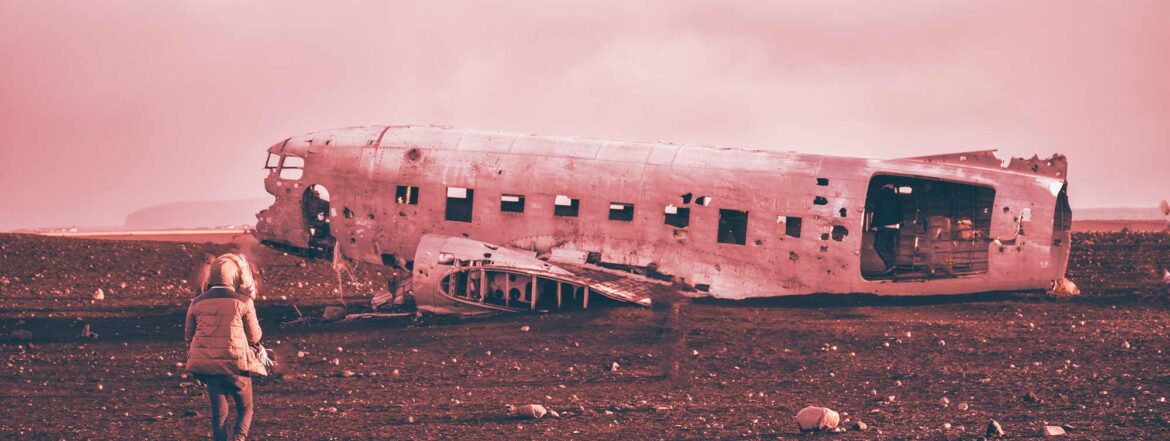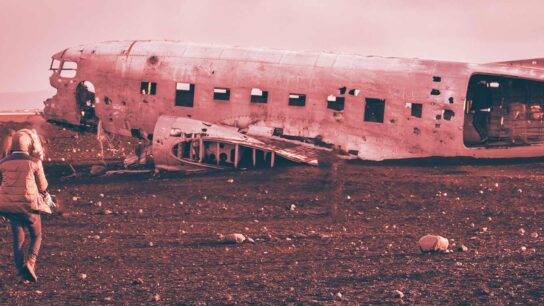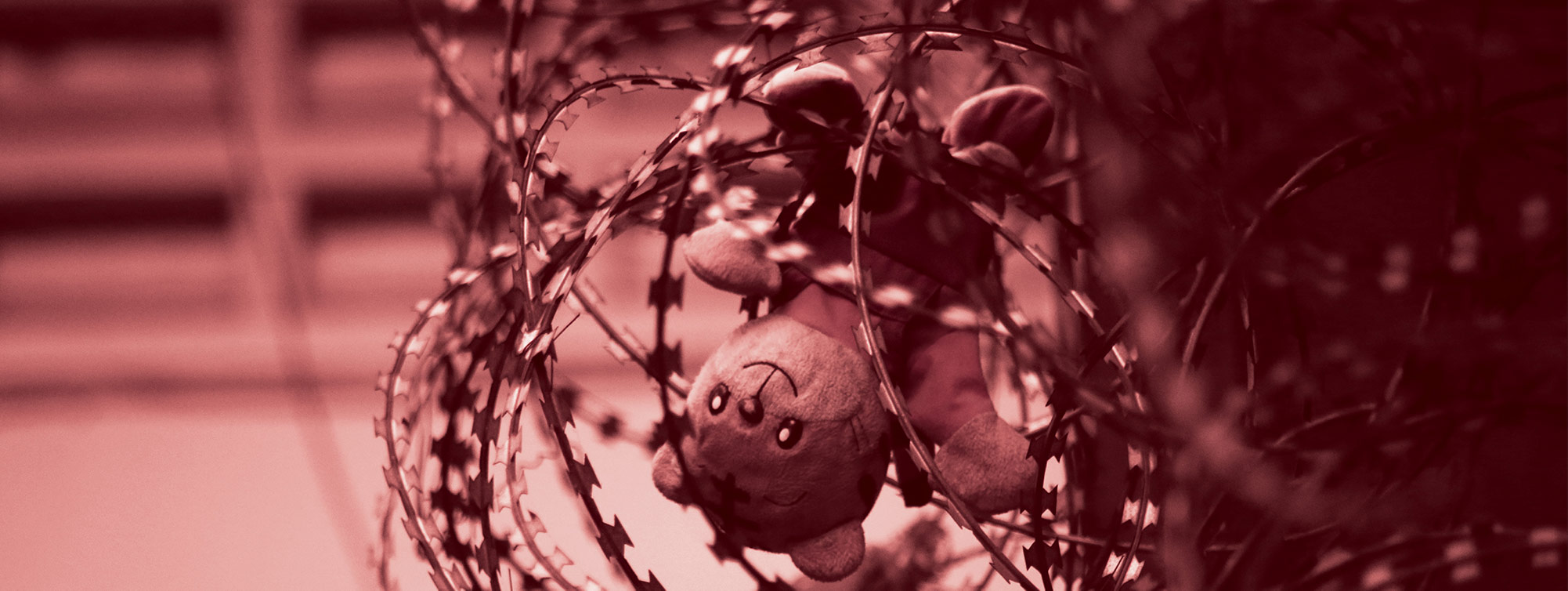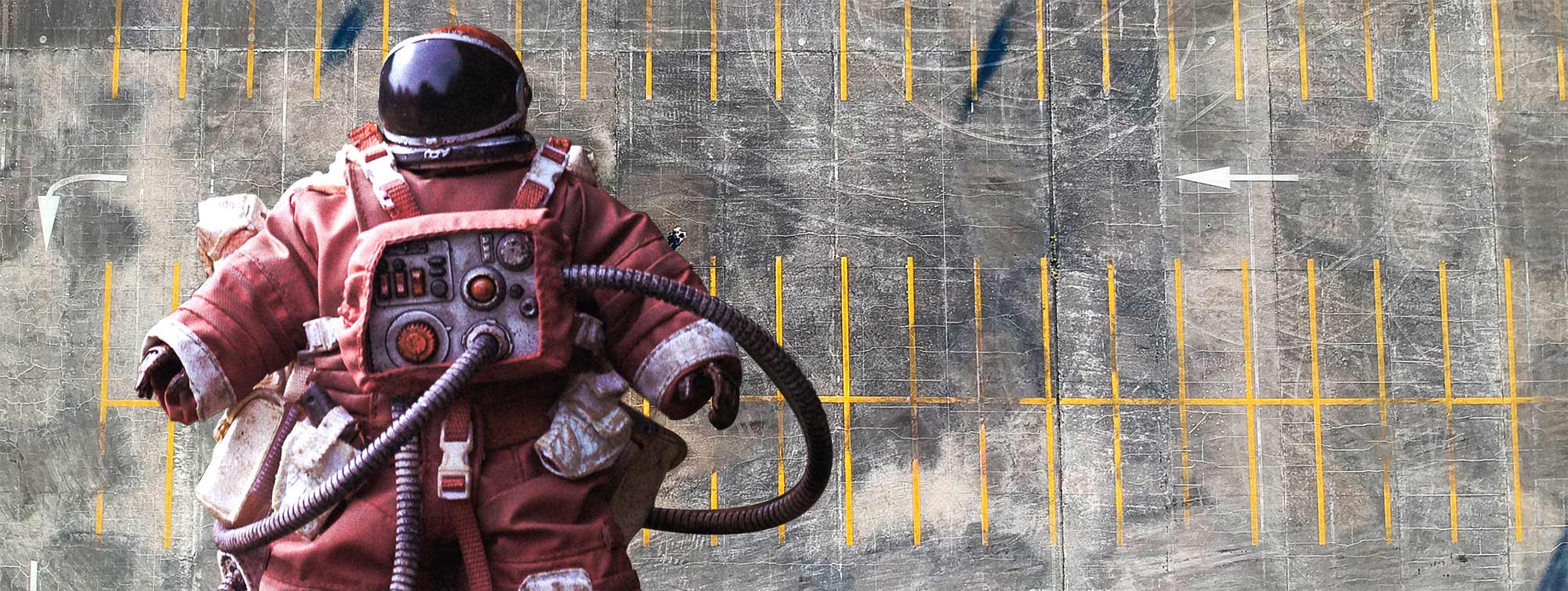What We’re Reading
During the Fall 2018 quarter, UCHRI organized two major public events—on the prison-industrial complex and civil wars in outer space. Both were components of the Institute’s broader Horizons of the Humanities initiative. As is the case with most of our programming, these events were informed by intensive research, performed collectively and individually, by UCHRI staff.
The first event, Narratives of Resistance, organized with the support of UC Irvine’s Initiative to End Family Violence (IEFV), addressed the devastating impact of intergenerational family violence due to the effects of the Prison Industrial Complex. Consisting of academic and public scholars, practitioners, and public intellectuals, the colloquium grappled with the stigma of criminalization in California, a state that imprisons more people than any other territory or country on earth. As we conceptualized this event, we were inspired by Ruth Wilson Gilmore’s Golden Gulag and Lisa Cacho’s Social Death. Additionally, we also had in mind texts like Angela Davis’ Are Prisons Obsolete? and Kelly Lytle Herández’s City of Inmates, all of which provide a critical analysis of the regional, political, and historical factors fueling the Prison Industrial Complex.
Claire Denis’ forthcoming film, High Life—where a group of death-row inmates are sent into outer space (what Denis has referred to as the ultimate prison)—bridges some of these concerns with those voiced in our second Fall event, Out There: 5 Talkbits on War-Futures in Outer Spaces. Conceptualized under UCHRI’s ongoing initiative on civil war, this event was driven by a desire to understand the present and conjure possibilities of a future that might be otherwise. Our invocation of outer spaces referenced, on the one hand, escapist fantasies of exits from a dying planet, and on the other, legacies of territorial conquest and boundary-making characteristic of (settler) colonial ways of life. Some of the stakes of this event are neatly captured in a conversation between Ana Teixeira Pinto, Diedrich Diederichsen, and Anselm Franke, centered on Diederichsen and Franke’s 2013 exhibition—The Whole Earth: California and the Disappearance of the Outside—staged at the House of World Cultures in Berlin. From a more oblique angle, Hussein Ali Agrama’s comments on an Immanent Frame forum on “Science and the Soul” usefully gesture to enigmatic links between outer and inner space, futures and pasts, aliens and jinns—all relevant to our open-ended framing of the event.
If these citations pique your curiosity (we hope they do!), then we urge you to watch this space for more updates on the research informing the Institute’s activities.




